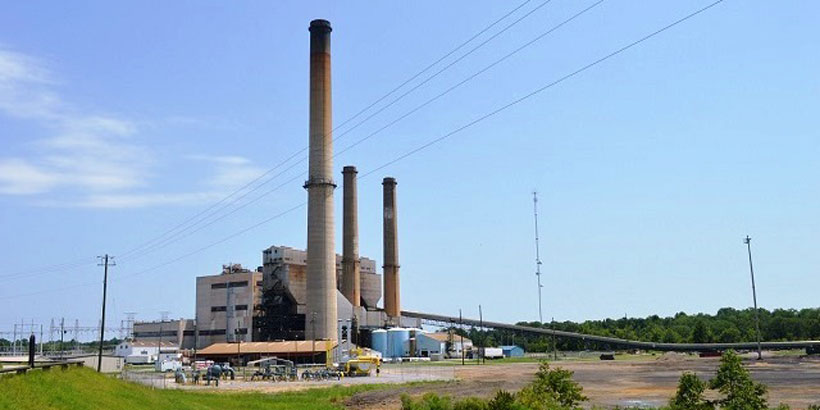
By By Jacki Lowry
In 1978 Bill Waldrop had a vision for improving the lives of those living in Double Springs, Alabama, his wife’s hometown.
Waldrop began building his first grocery store, to alleviate the burden of those within the community forced to drive a half hour to the nearest market. Gateway Foods, Inc. soon became a staple in the community, serving the town in more ways than simply providing safe and affordable food. Today, the folks at “the “Gateway” are known for helping others, as well as supporting local schools and teams.
Over the years, Waldrop’s vision grew. He expanded to serve five more communities where there was a need for a community grocery store: Curry, Winfield, Moulton, Woodstock and Fosters. His is just one example – or maybe six – of how important a local grocer can be to residents of rural areas of the state.
But the grocery business isn’t important to just rural communities; it is vital to urban neighborhoods, and everything in between. It generates $3.6 billion in annual sales across Alabama, provides 25,000 stable jobs, and pays $300 million in state and local taxes, according to the Alabama Grocers Association (AGA), which just celebrated 25 years representing the industry in the state.
“We serve as a resource to our members providing them the necessary tools to stay in compliance with state and federal laws to run their business more efficiently,” said Ellie Taylor, AGA president.
Like Gateway Foods, other members of the AGA fill voids in rural towns and communities where large chain stores don’t reach. These towns and communities depend on local grocers to provide fundamental needs for their families.
Harold Garrett, general manager of Gateway Foods, takes pride in what grocers offer to communities across the state. “We provide nutritious foods at competitive pricing, while being compliant to strict health codes, which assures safe foods for all Alabamians,” Garrett said.
Gateway Foods has been a member of AGA since 1997. He said the organization has been a valuable partner. “The AGA has been, and continues to be, one of the best things to happen to our company. The knowledge gained, networking with our industry leaders, and resources available to us, is something you can’t put a price on.”
Grocery retailers are often generous philanthropists in their communities, especially in times of disaster. Following the deadly tornadoes of April 2011, AGA member companies donated over $3 million dollars in goods and services to help those in need.
Garrett said his stores stay involved, partnering with local schools, advertising locally, and making donations of food and supplies.
That philanthropic spirit extends to employees and their families. The Alabama Grocers Education Foundation, for example, helps the dependents of those working in AGA-member stores, and part-time student employees, with college expenses. Since its formation in 1992, the foundation has awarded more than $1 million in scholarships, Taylor said.













